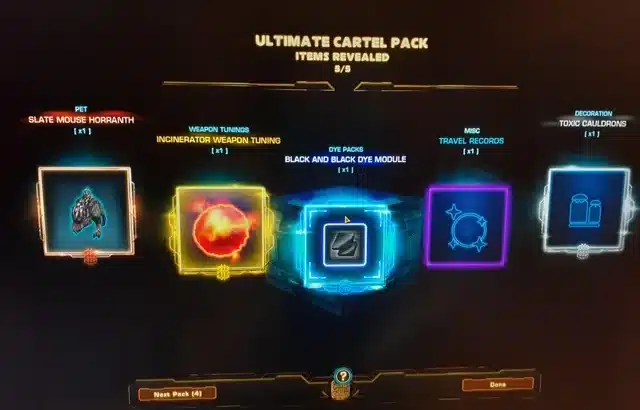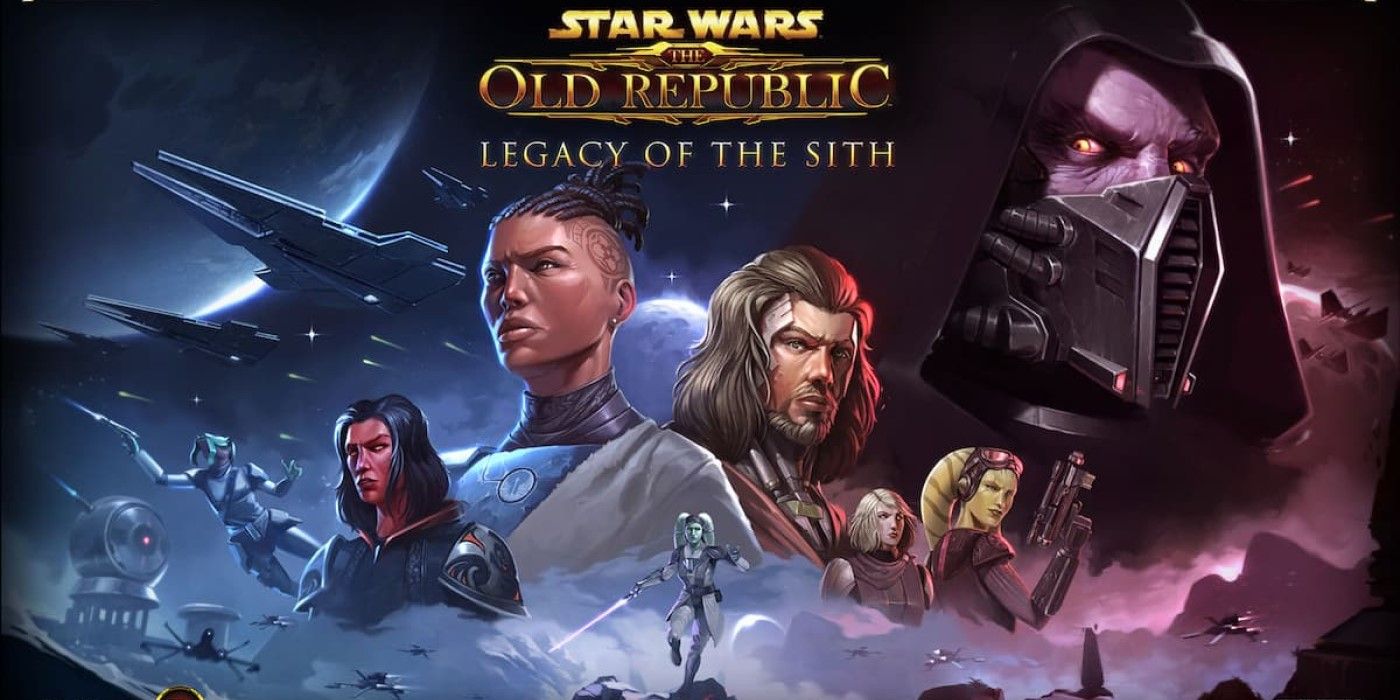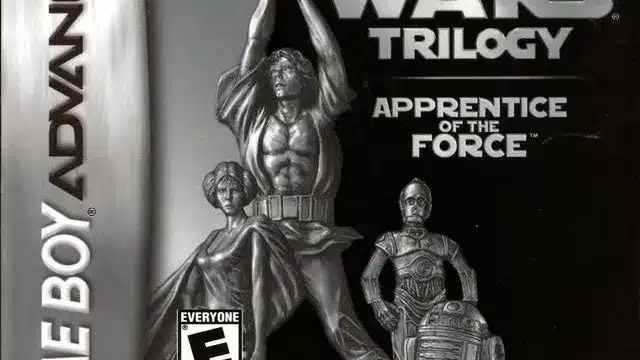Loot boxes, particularly in Star Wars: The Old Republic (SWTOR), have become a significant part of modern gaming culture. In SWTOR, these loot boxes—referred to as cartel packs—contain random items of varying rarity and value. While they offer players the chance to acquire exclusive mounts, armor sets, and other valuable in-game items, they also raise ethical concerns due to their similarities with gambling.
This essay examines the ethical implications of loot boxes in SWTOR by exploring the psychology behind their design, the financial impact they can have on players, especially younger ones, and the growing legal controversies surrounding loot boxes in the gaming industry. By comparing how different regions regulate loot boxes, we will better understand how SWTOR’s system fits into this global debate.
The Psychology of Loot Boxes: A Dopamine-Inducing Gamble
At the core of loot boxes in SWTOR is their psychological appeal. Players are drawn to cartel packs because they offer the potential for high rewards, often in the form of rare or exclusive items. However, the contents of these packs are randomized, meaning that players must rely on luck to get the item they desire. This uncertainty plays on the same psychological principles that make real-world gambling so enticing.
Dopamine and the “Win” Effect
Loot boxes tap into a psychological phenomenon known as the “dopamine rush.” Dopamine is a neurotransmitter in the brain associated with pleasure and reward. When a player opens a loot box and receives a rare or valuable item, their brain releases dopamine, creating a sense of excitement and satisfaction. The thrill of potentially winning a coveted item keeps players returning for more, even if the odds are stacked against them.
This mechanic is strikingly similar to the experience of playing slot machines in a casino. In both cases, players invest money (or in-game currency) for a chance to win something of value, and the reward system is based on randomness. The uncertainty creates anticipation, and when players hit the “jackpot”—be it a rare cartel item or a slot machine payout—their brains are flooded with dopamine, reinforcing the behavior.
The Random Reinforcement Loop
Loot boxes in SWTOR are designed to exploit what’s known as “random reinforcement,” a psychological principle where unpredictable rewards can lead to addictive behavior. Since players never know when they might receive a rare item, they are more likely to keep buying and opening cartel packs in hopes of eventually getting lucky. This creates a loop of spending, where players continue purchasing packs, driven by the potential for the next big “win.”
While some players may have the self-control to stop when they’ve had enough, others may find themselves caught in this cycle, constantly chasing the dopamine rush that comes with opening packs. This is where the ethical concerns begin to surface, particularly when we consider how loot boxes affect younger or more vulnerable players.
Microtransactions and the Financial Implications for Vulnerable Players
Loot boxes in SWTOR, like in many other games, are often tied to microtransactions. Players can purchase cartel coins using real-world money, which are then used to buy cartel packs. While this system can seem harmless—after all, spending a few dollars here and there on a game may not seem like a big deal—it can quickly escalate, particularly for players who are prone to overspending or addiction.
Financial Impact on Players
For some players, spending a little extra on a game they enjoy may feel justified. However, loot boxes are designed in such a way that the cost can add up rapidly. Since the contents are randomized, there’s no guarantee that a player will get what they want after opening just one or two packs. This leads to a scenario where players may feel compelled to purchase more and more packs in hopes of eventually obtaining that rare item they’ve been eyeing.
For younger players or individuals with addictive tendencies, this system can lead to significant financial strain. The desire to win rare items, combined with the ease of making in-game purchases, can result in players spending large sums of money without realizing how much they’ve invested.
Vulnerability of Younger Players
One of the most concerning ethical implications of loot boxes is their potential impact on younger players. Many teenagers and children play SWTOR, and while they may not have direct access to credit cards, the integration of microtransactions into games can still influence their behavior. Research has shown that younger players may be particularly susceptible to the gambling-like mechanics of loot boxes, as their decision-making skills are not yet fully developed.
Children and teenagers may not fully understand the financial implications of repeatedly purchasing loot boxes, and they can easily fall into the same reinforcement loops that trap older players. This raises serious ethical questions about whether it is appropriate to include such mechanics in games that are accessible to younger audiences.
Legal Controversies Around Loot Boxes in the Gaming Industry
As the inclusion of loot boxes in video games has become more widespread, it has sparked legal controversies around the world. Critics argue that loot boxes are a form of gambling and that they should be regulated accordingly. Some countries have already taken action to address this issue, while others are still debating how to handle it. SWTOR and its cartel packs are part of this larger conversation about the ethical and legal boundaries of loot boxes in gaming.
Europe: Strict Regulations on Loot Boxes
Several European countries have taken a firm stance on loot boxes. In Belgium, for instance, loot boxes are considered a form of gambling and have been banned outright. The Belgian Gaming Commission ruled that games offering loot boxes, including titles like Overwatch and FIFA, violated gambling laws because players could purchase these boxes using real money without knowing what they would receive in return.
Similarly, the Netherlands has imposed restrictions on loot boxes, requiring game developers to remove the feature or modify it to comply with gambling regulations. These moves reflect growing concerns about the potential harm loot boxes can cause, especially to younger players. If other European countries follow suit, SWTOR and other games with similar mechanics may face challenges in continuing to operate in these regions.
The United States: A More Lenient Approach
In contrast, the United States has been slower to regulate loot boxes. While there have been some discussions about whether loot boxes constitute gambling, the legal system in the U.S. has not yet reached a consensus. The Federal Trade Commission (FTC) held a workshop in 2019 to discuss loot boxes and their effects on consumers, but so far, there has been little movement toward national regulations.
This lack of regulation means that games like SWTOR can continue offering loot boxes without significant legal consequences in the U.S. However, the ongoing debate around loot boxes suggests that this could change in the future, particularly as more players and parents raise concerns about their potential to exploit vulnerable individuals.
Potential Impacts on SWTOR
If stricter regulations were to be enforced globally, SWTOR could face significant changes to its in-game economy. In regions where loot boxes are banned, the game may be forced to remove cartel packs or modify them to meet local legal standards. This could lead to a shift in how SWTOR monetizes its content, possibly resulting in the introduction of direct purchases for specific items rather than relying on randomized packs.
At the same time, the growing scrutiny of loot boxes raises ethical questions for developers. Should SWTOR continue to include mechanics that resemble gambling, particularly when there is evidence that they can harm vulnerable players? The ongoing legal controversies surrounding loot boxes suggest that the answer may lie in finding a balance between profitability and protecting the well-being of players.
Conclusion: Loot Boxes and the Ethical Dilemma in SWTOR
Loot boxes in SWTOR, like many other games, blur the line between gaming and gambling. While they offer an exciting way to acquire rare items, their design exploits psychological principles that can lead to addictive behavior, especially in vulnerable or younger players. The financial impact of microtransactions, coupled with the ongoing legal controversies surrounding loot boxes, raises important ethical questions about their place in modern gaming.
As more regions move toward regulating loot boxes, SWTOR may need to adapt its monetization model to ensure that it remains compliant with evolving laws. In the meantime, the ethical debate surrounding loot boxes will continue to challenge both developers and players to consider the broader implications of these gambling-like mechanics in video games.










